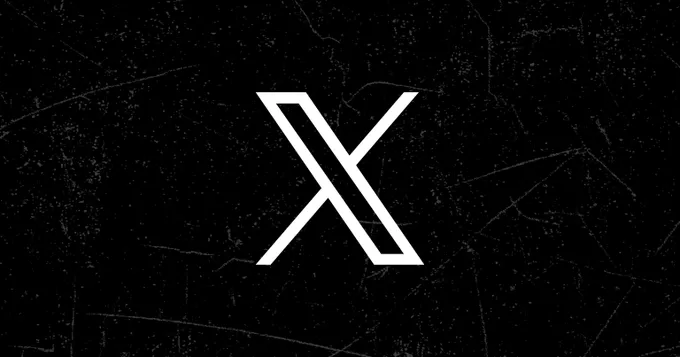New Data Suggests that X is Still Far From Profitability

While X’s owner and CEO continuously promote claims of surging popularity, and “record high” usage of the app, it seems that the transition to X has not been a financial winner for the platform, and may still spell the end for Elon Musk’s social media experiment.
Over the weekend, The New York Times published a new overview of X CEO Linda Yaccarino’s challenging task in winning advertisers back at the app. And in amongst various claims about the difficulty in balancing Musk’s free speech approach with assuaging advertiser concerns, it included this note:
“Internal documents obtained by The New York Times show that, in the second quarter of this year, X earned $114 million in revenue in the United States, a 25 percent decline from the first quarter and a 53 percent decline from the previous year. The company aims to reach $190 million in U.S. revenue during the third quarter, bolstered by advertising associated with the Olympics, football and political campaigns, the documents said — but that target would still set the company’s quarterly earnings at 25 percent less than they were last year.”
To put this in context, in 2022, the final year before Elon took over at the app, Twitter generated $4.4 billion in revenue, predominantly through advertising. In 2023, Musk’s first year at the company, that declined to around $3.4 billion, with ad revenue dropping significantly.
Now X also, of course, has reduced its overheads significantly, by culling around 80% of staff, so X’s profit margins are now much better as a result. But at the same time, Musk also saddled X with a huge debt burden as a result of taking out loans to purchase the app for $44 billion. So while X has reduced staff costs, it’s also added around $1.2 billion in annual costs for debt servicing.
So in the end, X is still in fairly precarious territory, in terms of profitability.
So what does that mean in terms of these new figures on its U.S. revenue?
Historically, Twitter/X has been reliant on U.S. users for its revenue, with its U.S. income making up around 50% of its overall intake. It’s not clear if this is still the case at X, but it is it, that would suggest that X brought in around $230 million in total revenue in Q2 this year.
As NYT notes, that was a decline of 25% from Q1, so let’s say that X brought in $287 million in total revenue in Q1. That’s $517 million for the first half of 2024.
Now, this may be advertising revenue alone, without factoring in subscriptions and data sales, etc. But those are minor elements. X Premium still has only around a million subscribers, and at an average of $8 per month/per profile, that would equate to an additional $48 million for the first six months of the year.
So cumulatively, X looks like it’s on track to bring in, at most, around $600 million in H1. And if that holds, X may be looking at an income of around $1.2 billion for the year.
X is hoping, as NYT notes, to boost that with Olympics tie-in campaigns and opportunities, but even with a big push, it seems like X would be struggling to reach even 50% of its 2023 income ($3.4b). Which would be a huge decline, and again, that’ll barely cover X’s debt servicing costs, let alone anything else.
So while Elon Musk is keen to tout his commitment to free speech, for which would go so far as losing money for what he believes in, that may also extend to losing the entire business, if it can’t gain traction with advertisers, and/or increase subscription take-up.
Of course, another element in play is xAI, and the need to fuel that project with X data. xAI recently closed a $6 billion funding round, while Musk has also suggested that Tesla could invest up to $5 billion into xAI to enhance its capacity.
Could Elon and Co. justify cross-investment into X as a part of the broader xAI project? That, potentially, could give them another $11 billion to invest in X/xAI more broadly, though it’s unclear if or how they would be able to use xAI funding to directly prop-up the X platform.
And that would also be a short-term solution, not an avenue to sustainability for the app.
But maybe, Elon is so confident that X will eventually become a money making machine, somehow, that he could justify the short-term investment in order to keep both projects moving.
xAI needs X input to refine its models and offering. Maybe, that’s another way to funnel money into X.
There’s likely some way around this, and if the world’s richest man really wants to keep X going, he can find a way. But it does seem to increasingly be a losing bet, and one that will continue to suck up costs, unless Musk and Co. can convince advertisers to come back.
Or it needs everyone to pay for the app.
Could Elon look to lock X to all non-paying users? Would that work? Could Grok get so good that more people will pay to use it?
It’s unclear what the pathway to profitability is, but based on these numbers at least, X is still far from it at this stage.


